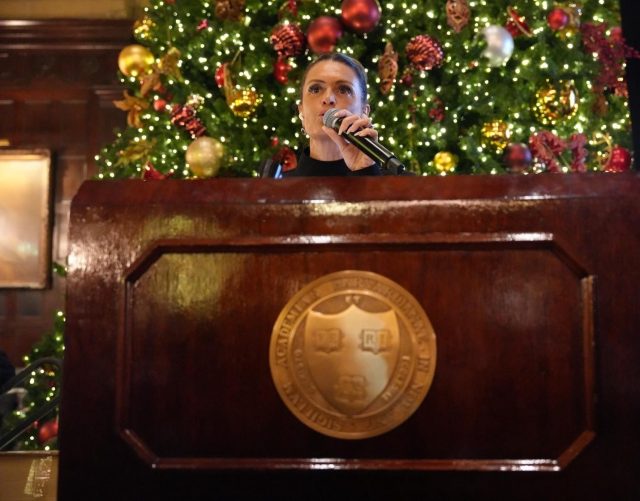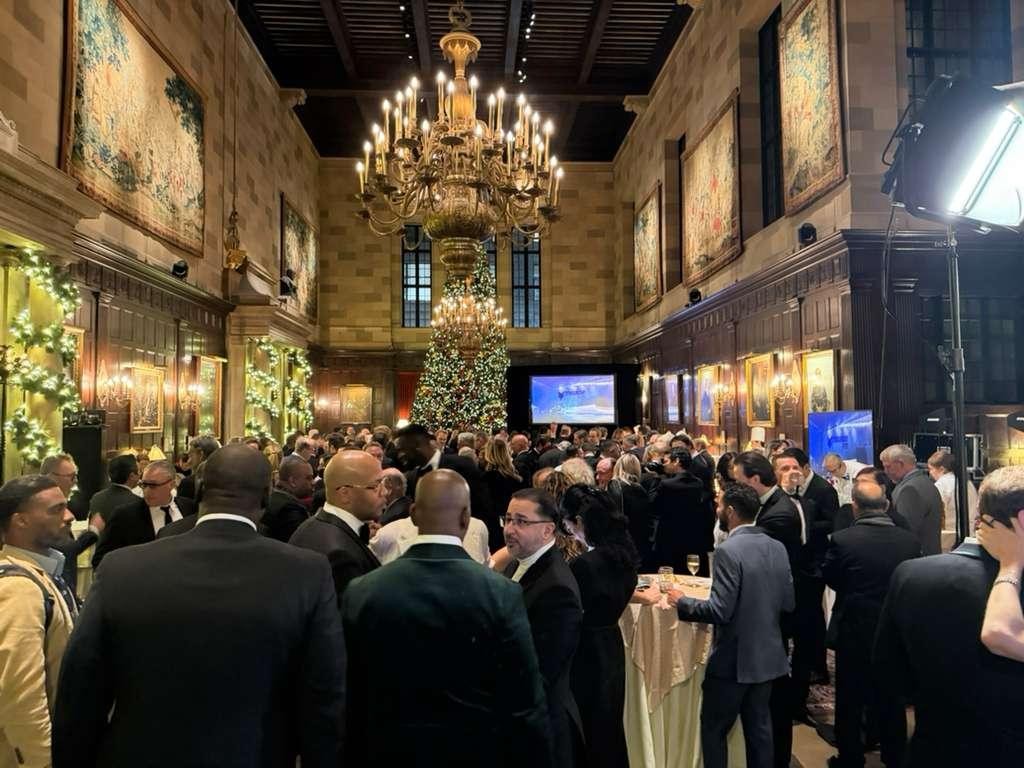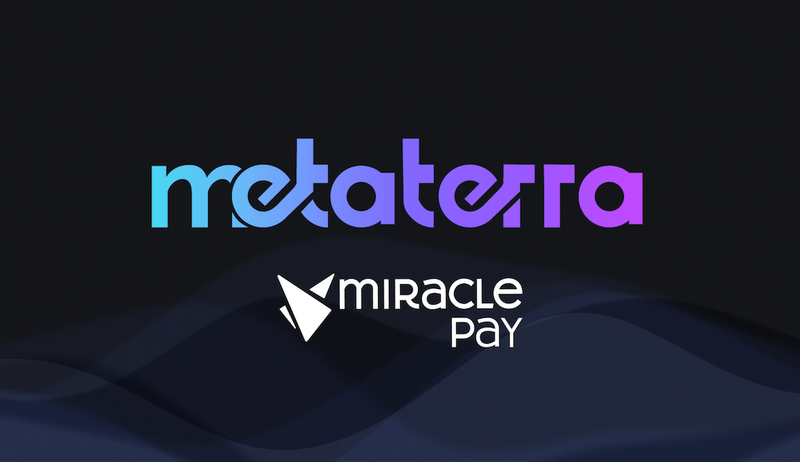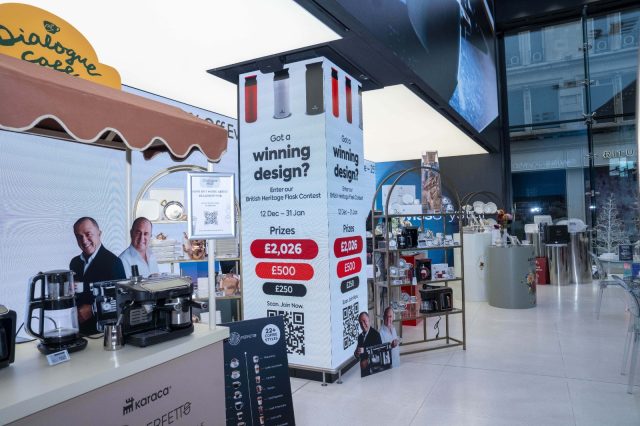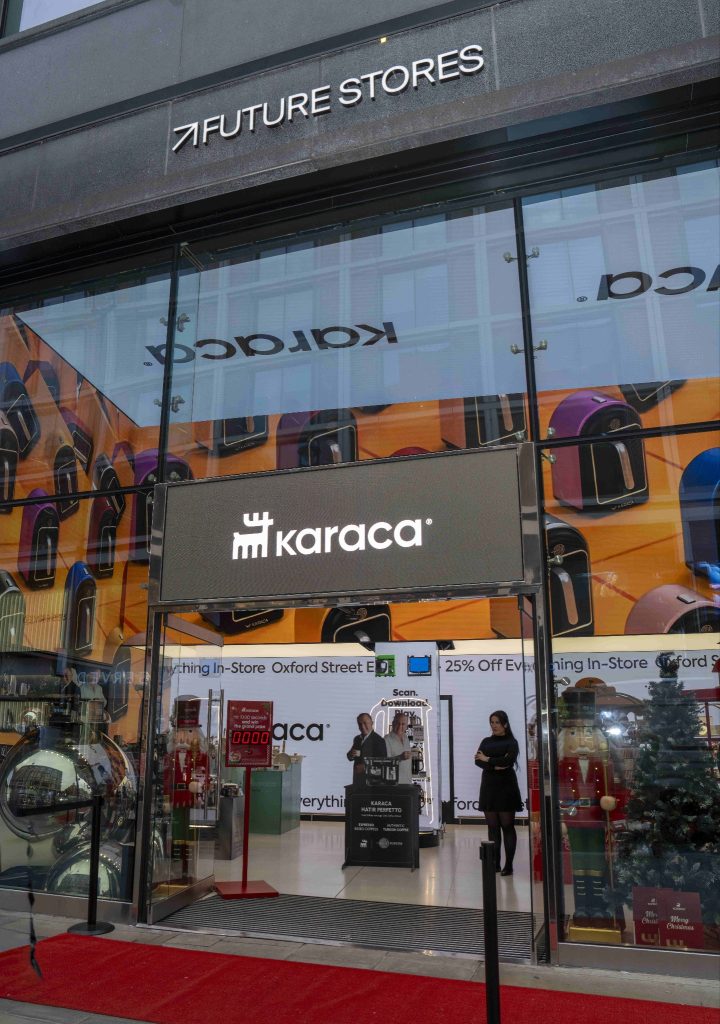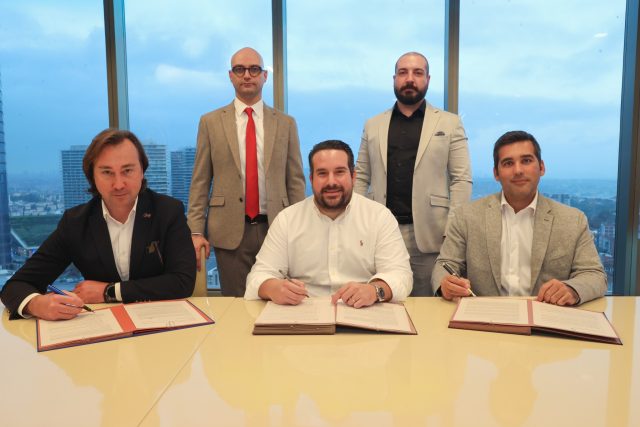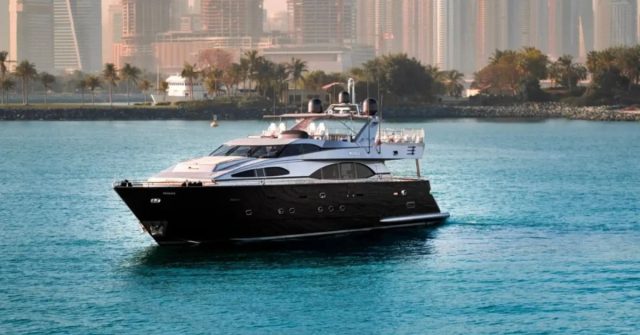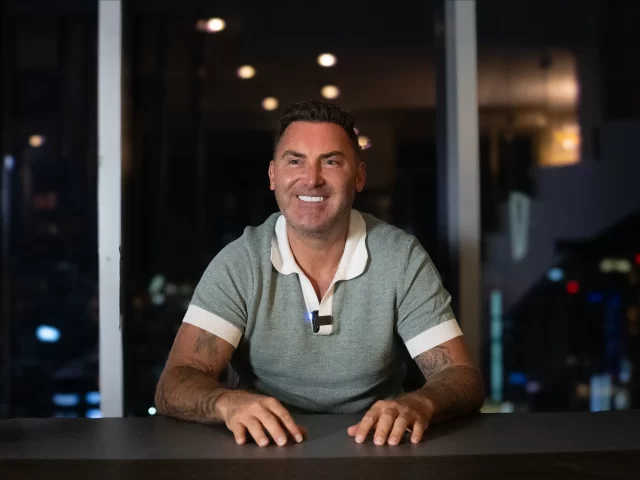Hexadrone’s TUNDRA 2.1 Certified Under EU Drone Framework with CE and C5/C6 Status
Hexadrone SAS has announced that its TUNDRA 2.1 drone has been formally certified with CE marking and C5/C6 class approval after successful assessment by Applus+ Laboratories, a recognised European conformity assessment organisation.
Delivered in accordance with EU Regulation 2019/945, the certification confirms that the platform is aligned with regulatory requirements that will become fully enforceable across the EU from 1 January 2026. The approval supports confidence in the drone’s use for complex and sensitive missions.
“This certification marks the recognition of our commitment to excellence and compliance,” said Alexandre Labesse, CEO of Hexadrone. “It enables our customers to confidently navigate the regulatory changes of 2026.”
A rigorous certification for a future-proof solution
The certification delivered by Applus+ Laboratories confirms that the TUNDRA 2.1complies with the most stringent requirements of EU Regulation 2019/945. The involvement of an independent notified body ensures an objective and rigorous assessment process, reinforcing the platform’s credibility, transparency, and regulatory recognition with authorities and users. It provides optimal legal and technical security for critical operations, while strengthening trust in the platform’s long-term compliance.
“As a trusted partner in testing and certification, Applus+ Laboratories is proud to support Hexadrone’s commitment to quality and regulatory compliance,” said an Applus+ Laboratories spokesperson. “Our expertise in European and international standards ensures that innovative solutions like Hexadrone meet the highest safety and performance requirements, enabling their successful expansion in the European market.”
Achieving CE marking and C5/C6 certification for the TUNDRA 2.1, which is one of the few platforms on the market to hold these certifications, follows 24 months of development and an investment of nearly €500,000. This demanding process reinforces Hexadrone’s position as a key player in both European and international drone markets.
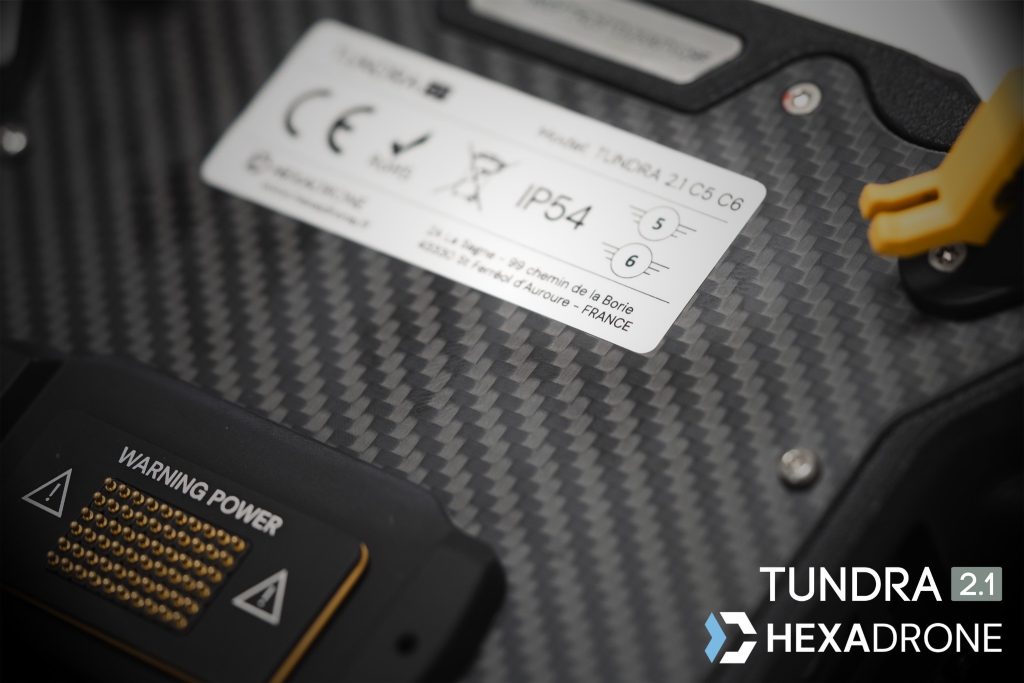
A drone acclaimed for its modularity and versatility
Launched in April 2023, the TUNDRA 2 quickly established itself as a European reference thanks to its fully modular architecture. Its latest evolution, the TUNDRA 2.1, further advances this approach through three standardized interfaces: [TR-LOCK], [TR-COMM], and [TR-MODULE] that enable instant integration of payloads, avionics modules, and data links.
This standardization has enabled the development of a unique ecosystem of more than 150 technological building blocks, created by French and European partners. As a result, TUNDRA is an open, scalable, and fully backward-compatible platform, designed as a long-term, sustainable system that avoids obsolescence and continuously integrates operational feedback from deployed units.
The TUNDRA 2.1 also incorporates advanced safety technologies developed in collaboration with Drone Rescue System (DRS) and Impact, further strengthening both regulatory compliance and operational robustness.
Already adopted by French armed forces units and several European private operators, TUNDRA supports a wide range of missions including surveillance, CBRN (chemical, biological, radiological, and nuclear) detection, security operations, topography, industrial inspection, precision agriculture, search and rescue, and more.
European distribution and growth strategy
Hexadrone currently distributes its solutions in Austria, Belgium, Denmark, Finland, Germany, Greece, Italy, Luxembourg, the Netherlands, Norway, Romania, Sweden, Switzerland, and the United Kingdom. The company continues to expand its footprint and is actively seeking new partners to further strengthen its European network.
With its unmatched modularity and rapidly expanding ecosystem, Hexadrone’s TUNDRA is emerging as the sovereign multirole drone platform of reference in Europe.
About Hexadrone
Founded in 2014, Hexadrone has established itself as an expert in the design and manufacture of modular drones, built on three core strengths: technical innovation, customization, and industrial quality. Initially focused on reselling drone components through a web platform, the company rapidly transitioned to custom drone assembly to meet specific customer needs.
About Applus+ Laboratories
Applus+ Laboratories provides testing and certification services designed to enhance product competitiveness and support innovation. Headquartered in Barcelona, Spain, Applus+ Laboratories operates a global network of multidisciplinary laboratories serving industries including aerospace, automotive, cybersecurity, electrical and electronics, renewable energies, construction, railway, and medical devices.


